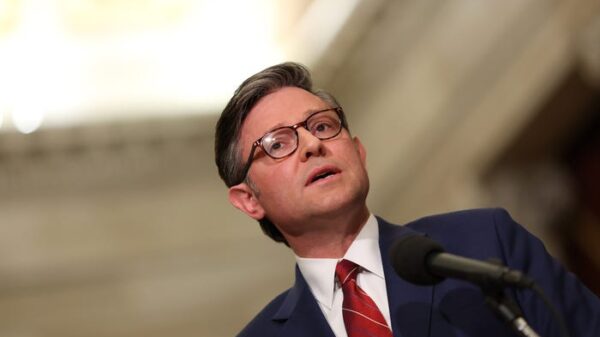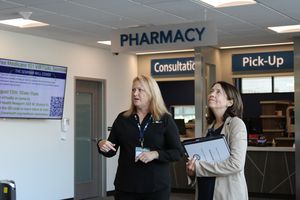A health nonprofit in northeastern Washington, known as NEW Health, has secured $2 million in federal funding to enhance job opportunities in an underserved rural area. This funding is part of a broader resolution by Congress to reopen the federal government and support multiple projects across the state.
The Chief Executive Officer of NEW Health, Desiree Sweeney, announced that the funds will be utilized to create both clinical and nonclinical positions within the organization. Sweeney emphasized that this initiative will significantly expand workforce development, as well as improve dental and health access for future generations in northeastern Washington.
Expanding Community Reach
NEW Health serves a vast area of approximately 5,600 square miles across Ferry, Stevens, and Pend Oreille counties. The organization also operates a mobile unit that provides various health services, including physical exams, dental access days, and community health fairs. Sweeney remarked, “The reach for this project would go far beyond Chewelah and really impact the entire eastern region.”
Earlier this year, the local healthcare landscape faced significant challenges with the closure of orthopedic services and the DominiCare program at Providence St. Joseph’s Hospital. This program had offered essential nonclinical home services to elderly residents. In a news release, Providence cited financial pressures stemming from cuts to Medicaid and Medicare, along with rising operational costs and payment denials from insurers.
“These headwinds will only intensify when the cuts to vital safety-net programs that were included in the recently passed HR1, also known as the One Beautiful Bill Act, go into effect,” the release stated.
Addressing Community Needs
Recognizing the impact of these closures on local behavioral health resources, Sweeney reaffirmed NEW Health’s commitment to serving the community. “When we see a lot of changes in the healthcare landscape, especially around critical access hospitals, NEW Health is leaning into our communities. We’re community invested,” she stated.
This funding not only aims to address immediate job creation but also seeks to establish a sustainable healthcare infrastructure that can adapt to the evolving needs of the population. With the infusion of new resources, NEW Health hopes to strengthen its services and provide much-needed support to residents in the region.
As the healthcare environment continues to change, organizations like NEW Health play a critical role in ensuring that underserved communities receive the crucial healthcare services they need. The commitment to expanding job opportunities and improving health access represents a significant step toward fostering resilience in this rural area of Washington.







































































